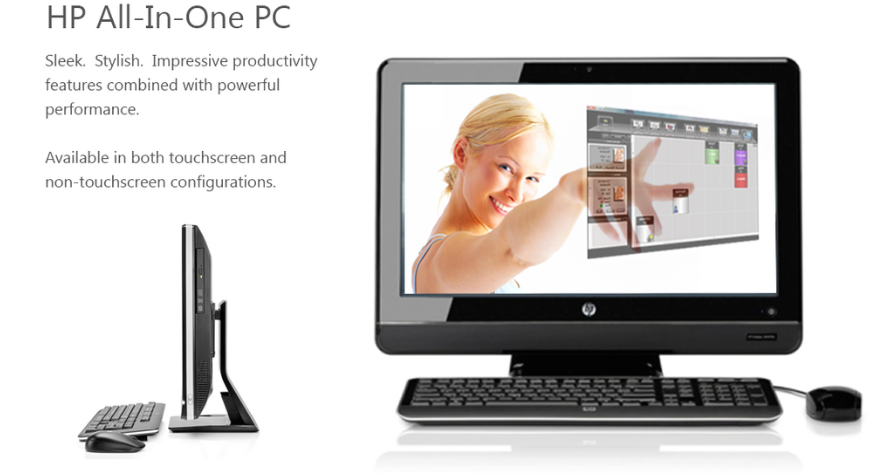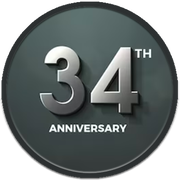|
Niche category businesses, like tanning salons, face the task of creating a luxurious, soothing environment, around a small business. Any salon manager who takes on the world of small business self-employment will undoubtedly go through tough financial times and hopefully good times, too. However, the daily operation of a salon owner’s business hinges on two things.
First is the customer experience and quality of service. This concerns the salon’s ability to operate smoothly and efficiently so the customer will feel comfortable and relaxed. The second thing is the business' ability to manage its daily administrative operations in a manner which leads to conclusive bookkeeping and financial transparency. That is why salon owners who strive for a sustainable and quality business, take advantage of the most reliable and efficient technologies available. Americans simply love their tans. Whether it's a true, ultraviolet ray tan or a fake, ultra-aerosol spray tan, people want the glimmer of luxury on their skin. Depending on the town or city neighborhood in which one lives, tanning salons may be on every block. Alternatively, there is only one salon in the area for which all those needing a tan flock to with regularity. Tanning salon owners face an increasing need to stand apart from the crowd, both to stay profitable and to adapt to the wave of business management software innovations and point-of-sale computing technologies to make life that little bit easier for the salon manager. Small Business Salon Software and Virtual Desktop Management SolutionsBack in the 19th century and early 20th century, managing a shop or small business of any kind was much less technologically reliant than it is in today's age of information. In the beauty industry, a hair salon, tanning salon, or beauty salon business would only require an appointment book of clients, stylists, a pair of scissors, and a tanning bed. Nowadays, the day-to-day running of a business by a salon owner has totally changed. Today, we live in the midst of a technological information revolution and computer software has been a defining moment in how businesses operate.
Any technological innovation which makes its way into the administrative operations of a small business is ultimately an upgrade to the practices which have been a part of running a business for many years. Businesses have always needed a way to do bookkeeping, accounting, customer service reporting, inventory management, and organizational marketing. Originally, this was done with ink and quill on papyrus rolls. |
Archives
March 2020
Categories |
SOFTWARE |
SOLUTIONS |
FEATURES |
ABOUT US |
All Rights Reserved. Terms of Service | Privacy | Copyright 1990-2024. INTERACTIVE DESIGNS, INC



 RSS Feed
RSS Feed


